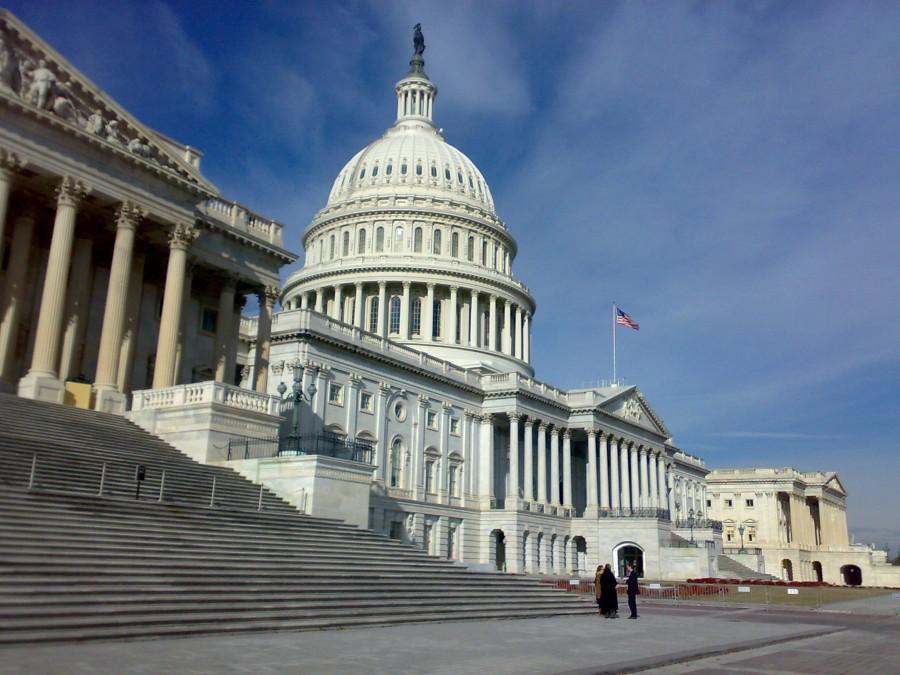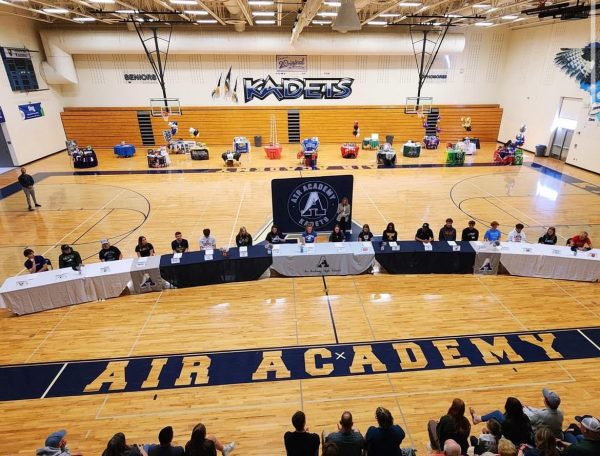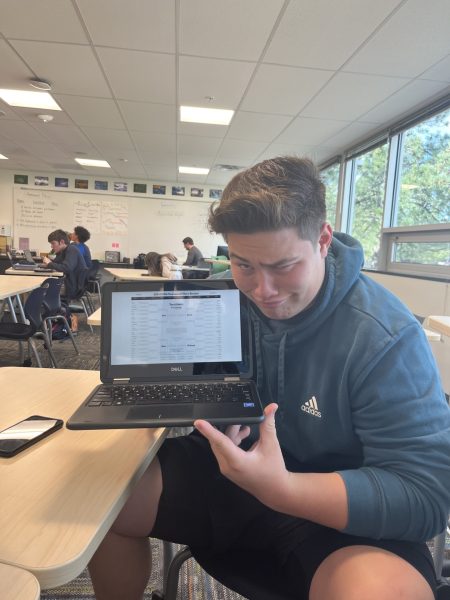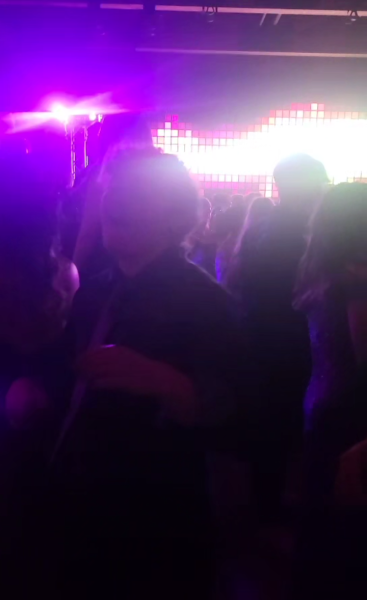The Nation in an Hour
About 30 million people tuned in to watch the President’s annual address to Congress this past month, but there may have been a few hidden pieces and connotative language within the speech that may have gone unnoticed.
The speech itself is quite the undertaking when it comes to analysis. It focuses on domestic topics in the States such as: the improved condition of the economy; continuation of middle-class economics; worker rights; higher wages; the community college plan; job creation; the protection of small and moderate businesses; technology in America; tax codes and loopholes; climate change; the removal of Guantanamo Bay; and the request for bi-partisan politics. In between this collage of issues at home, the President briefly ventured past our borders to support America’s path of diplomacy rather than violence in the world, which included the threat of veto to Congress if they are to pursue further sanctions on Iran.
That last bit should be noted since President Obama was personally and formally invited to address his Republican-led Congress, and then proceeded to threaten a veto on future bills, not once, but twice. Now, observers from either side of the political spectrum have interpreted this action, and the general agreement is that the red Right found it highly offensive in nature, while supporters of the President saw it as yet another example of his strong will and determination to use his power to do what he believes is right for the nation. Neither side is wrong, but at the same time, neither side is right.
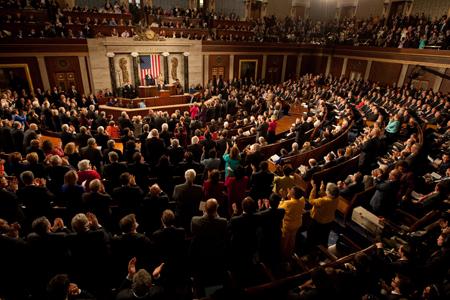
Remembering President Obama’s audience is important when looking at the list of items kept off of his teleprompter that night. Issues that are hopeless to press against a Republican congress didn’t make their way to the limelight during the speech, and for good reason. Immigration reform, gun control, and welfare management all failed to materialize, but when the President is proposing free, federally-sponsored community college, the continuation of universal health care, as well as higher taxing for the rich, and the abstention of the Keystone Pipeline, it’s understandable that he didn’t want to poke the bear that is the Legislative branch any further.
At the same time, the President is very forceful with his agenda and is willing to do what it takes to get what he believes is best for Americans. He has the drive of his predecessors such as Roosevelt or Jackson, and has utilized the vast array of weaponry behind his executive powers in the past. That being said, his resolve and determination can be seen in his speech by the pressing of topics that he knows aren’t going to be well received as well as supporting causes his rivals despise. The President is maintaining power and importance despite having officially lost support on Capitol Hill.
The timing of the address and the context of Obama’s presidential history help set the scene for his heavy hitting line, “the shadow of crisis has passed, and the state of the union is strong.” The President’s career was riddled with controversy from the get-go with government spending, executive control, policy reform, and generally weak international relations, but at the moment he is enjoying an approval rating at roughly 50%, a growing economy , a creating-job market, and shrinking deficits. The United States is exiting our post-9/11 days and entering a new era of peace and improvement both at home and abroad.



